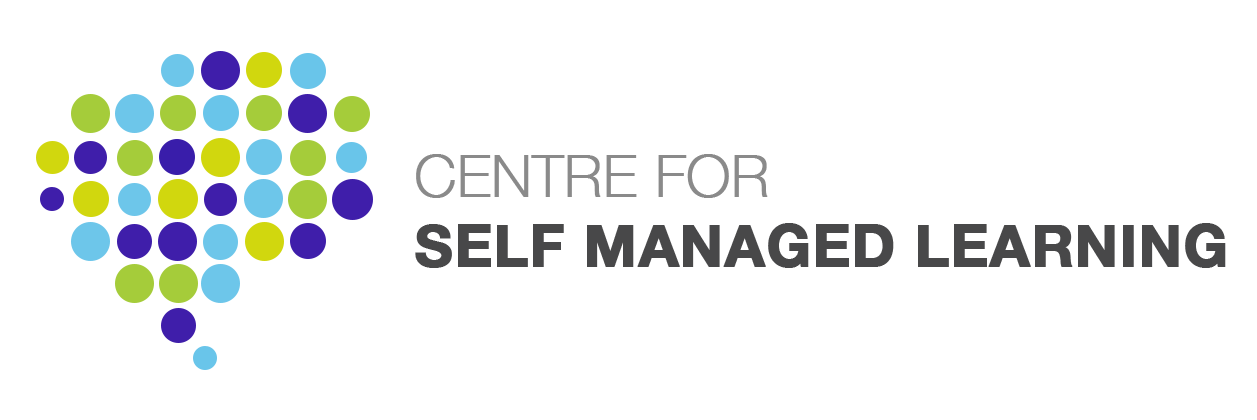01 Feb Exploration in Self Managed Learning
 At the last meeting of the group that has been involved in forming the Centre’s Network, we experimented with using an approach to ‘dialogue’ in order to further our understanding of ‘self managing’. I have now developed this a bit under the label of ‘Purposive Structured Dialogue’ – not just to have a fancy label, but because I want to develop something different from the Bohm/Senge model of dialogue that is becoming popular. (Anyone wanting more information on the Bohm/Senge approach can get some ideas from Senge’s ‘The Fifth Discipline’).
At the last meeting of the group that has been involved in forming the Centre’s Network, we experimented with using an approach to ‘dialogue’ in order to further our understanding of ‘self managing’. I have now developed this a bit under the label of ‘Purposive Structured Dialogue’ – not just to have a fancy label, but because I want to develop something different from the Bohm/Senge model of dialogue that is becoming popular. (Anyone wanting more information on the Bohm/Senge approach can get some ideas from Senge’s ‘The Fifth Discipline’).
[member]
Part of the interest in ‘dialogue’ has come from former set members wanting to take a ‘set’ way of working into their teams – and realising that you can’t directly transpose a set into a team. It seemed to me that the ‘dialogue’ concept had some merit as a partial answer to this problem. Another part of the interest in developing this methodology is to further the notion of ‘exploration’ as a key process in developing ourselves and our organisations. SML needs an exploratory dimension to it – otherwise we get into the arid re-cycling of ideas.
Below I’ve reproduced a handout on exploration I have drafted to test at an up-coming conference. It isn’t self explanatory – but I would be happy to discuss it with anyone. (I’ve put a ‘copyright’ on it to protect against ‘pirates’ but I’m OK about anyone contacting me if they want to use it.)
NOTES TOWARDS SOME PROCESSES FOR EXPLORING
Exploring is connected to learning (as a process) – it is a frame for particular kinds of learning. It describes an approach to learning.
Exploration is a fundamental process in a ‘learning business’ – it is one mode of defining a ‘learning business’ as different from a learning organisation (where the latter is used only to define first order learning – see Bateson).
Exploring is a metaphor which implies the existence of explorers going into new territory – but the territory may only be new to them and their culture (organisation). Someone else may have been there earlier – but they haven’t communicated this to the culture of the explorers. Or they have – but in a language that is not understood. Exploring may be of territory that proves of no obvious value in the short term – or ever. But the process of exploring could be justified in its own terms (ie not just in terms of instrumental pay-off). The value of ‘exploration as drama’ may be underestimated.
Exploring may be carried out by looking ahead into the new territory – it may not need the risk of stepping into the unknown. But it may. Abduction is a generally useful process for exploration (Bateson). In our field here are some pointers to assist exploring:-
- Reading in adjacent fields eg social sciences
- Reading outside the field – in totally unrelated fields eg literature.
- Experiencing visually eg art, travel.
- Changing metaphors. – and other aspects of language.
- Partaking in activities and events that seem unrelated eg sport.
- Analysing dreams.
- Creating dreams – using ‘lucid dreams’.
- Writing that goes ‘beyond’.
- Kinesthetic experience eg dance, Tai Ji.
- Aural experience eg music.
- Meditation.
- Dialogue.
© Ian Cunningham, 1995
[/member]

